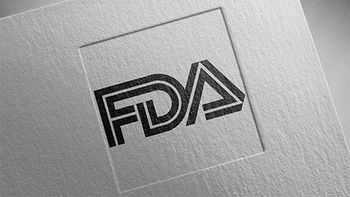
It's time to reinvigorate efforts to reach the US Hispanic market, says PwC
Survey finds new opportunity for health services as a result of the Affordable Care Act; it's a great time to be a pharmacist serving the Hispanic community
That Hispanics are a growing proportion of the US economy is not news, but the parallel tracks of changes in healthcare delivery for all Americans and the changes wrought by the Affordable Care Act warrant a closer look at this population, says PwC’s Health Research Institute (New York), which partnered with the company’s Entertainment, Media and Communications practice to survey current healthcare patterns in the Hispanic population nationally. Results are tabulated in the group’s
One key driver is that the Affordable Care Act has the potential to bring 10 million uninsured Hispanics into the health system—but a challenge to that is the fact that while Hispanics represent approximately 25% of the uninsured population, only 10% of the signups for coverage through April were identified as Hispanic. For many, with a heritage of healthcare-consumption practices formed in Latin America, healthcare is more of a local and personal activity, and there is a notable preference for obtaining basic services from local clinics and from pharmacies. Other findings:
- Hispanics tend to rate cost above quality as the most important factor in obtaining care
- Hispanics are more active users of social media, mobile apps and online resources when compared to non-Hispanics; at the same time, they are less likely to share personal information than other consumers.
- Hispanics are more likely to live in multigenerational homes and, depending on geography, may be more inclined to return to their country of origin for obtaining lower-cost medications. An additional complexity is that subgroups (Mexican, Puerto Rican, and Cuban are the three largest) have different patterns of healthcare consumption and communications.
Business opportunities for manufacturers and healthcare providers derived from these nuances, according to PwC, are:
- Non-traditional health businesses or new entrants, especially those that can demonstrate lower costs, may have an edge over the tranditional US healthcare system
- Trust, especially in sharing personal information, will take more work; connecting with community-based organizations will be critical
- Online and mobile communication platforms may be advantageous for outreach.
Newsletter
Stay ahead in the life sciences industry with Pharmaceutical Commerce, the latest news, trends, and strategies in drug distribution, commercialization, and market access.




